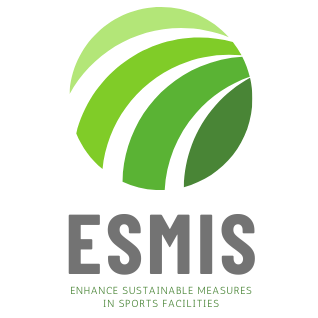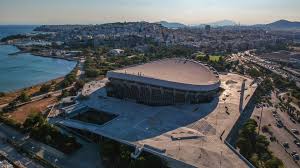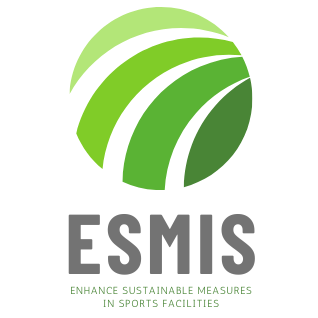

Yes
The Peace and Friendship Stadium, or "Stadio Eirinis kai Filias" (SEF), is a premier multi-sport complex located in Neo Faliro, Piraeus, Greece. Managed by the General Secretariat of Sports, SEF is among Europe's most modern and versatile sports venues. It serves as the home for EuroLeague team Olympiacos and is the central venue of the Faliro Coastal Zone Olympic Complex. The stadium has a capacity of 11,600 seats for basketball games. It covers a total area of 288 hectares, with 43 hectares dedicated to buildings and 245 hectares for outdoor spaces, including walking areas, sports fields, restaurants, cafes, and playgrounds. SEF offers extensive indoor sports facilities, including courts for basketball, volleyball, handball, boxing, wrestling, and more, as well as a unique ice rink. The venue is easily accessible by car, bus, tram, and electric railway.
Promoting Sustainable Mobility
- Creation of cycle paths and cycle parking facilities.
- Promote the use of public transport by offering discounts or incentives.
- Facilitate pedestrian access with safe and comfortable pavements and
crossings
Increase plant cover and biodiversity
- Create green roofs and walls to reduce heat island and increase biodiversity.
- Planting native and hardy plant species.
- Creating green belts around pitches to enhance biodiversity and provide
natural shade.
Water collection and recycling
- Installation of rainwater harvesting systems for irrigation and other uses.
- Use of biofilters and water purification systems for reuse.
- Promote water use with conservation systems such as two-way toilets and low-
flow showers.
Use of ecological materials
- Construction with sustainable materials such as recycled wood, bamboo and
recycled plastic.
- Use of paints and coatings with low or zero volatile organic compounds (VOCs).
- Preference for locally produced materials to reduce carbon footprint.
Optimising energy efficiency
- Use of energy efficient LED luminaires.
- Installation of automated lighting and heating/cooling systems with
motion and temperature sensors.
- Insulation of buildings to reduce energy needs.
Process innovation
Νο
None
Environmental sustainability initiatives, such as using eco-friendly materials, increasing vegetation, and recycling water, reduce the environmental footprint and enhance long-term sustainability. Green roofs and native plants lower urban heat islands and boost biodiversity. Promoting cycling, public transportation, and improving pedestrian infrastructure makes cities more accessible and eco-friendly, supporting sustainable mobility and contributing to greener, more efficient urban environments.
The initial implementation of sustainable actions can require significant investment in infrastructure and technology, leading to financial challenges. Water collection and recycling systems may encounter operational difficulties and require ongoing maintenance. Additionally, measuring the effectiveness of ecological solutions like biofilters or eco-friendly materials can be challenging, requiring continuous monitoring and adjustments to ensure optimal performance.
| Indicator | Value |
|---|---|
| Visits per year | 2000 |
| Water Consumption (liters/use) | |
| Primary energy Usage per year (kWh/use) | |
| Estimation of Water Saving (%) | |
| Estimation of Energy Saving (%) | |
| Estimation Waste and Resource Savings (%) |
Use of wind turbines where feasible. Use of solar water heaters for hot water in changing rooms and other areas

Last update: 28 de febrero de 2025 a las 17:31